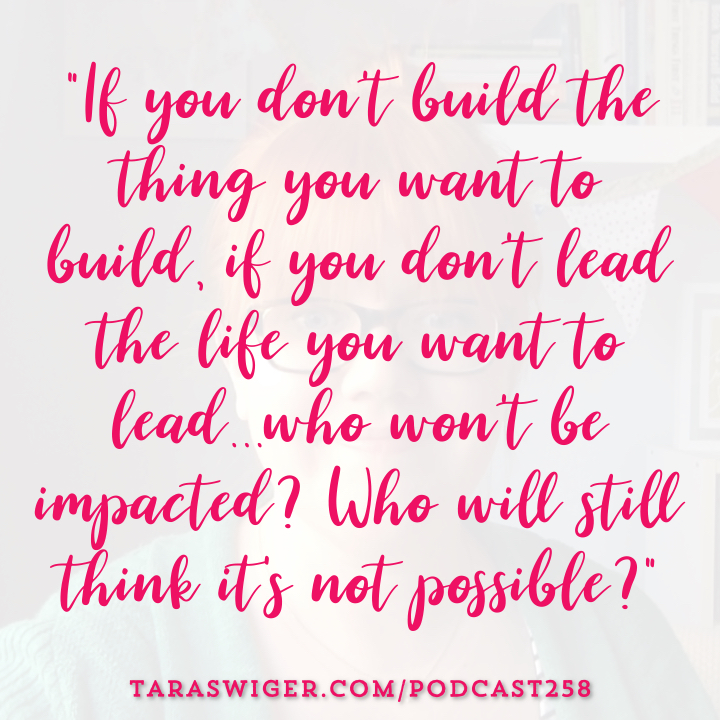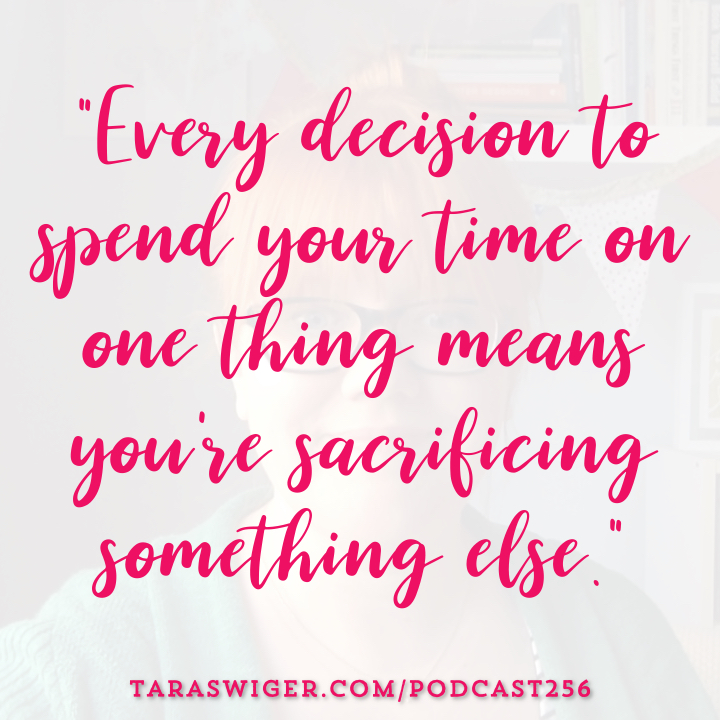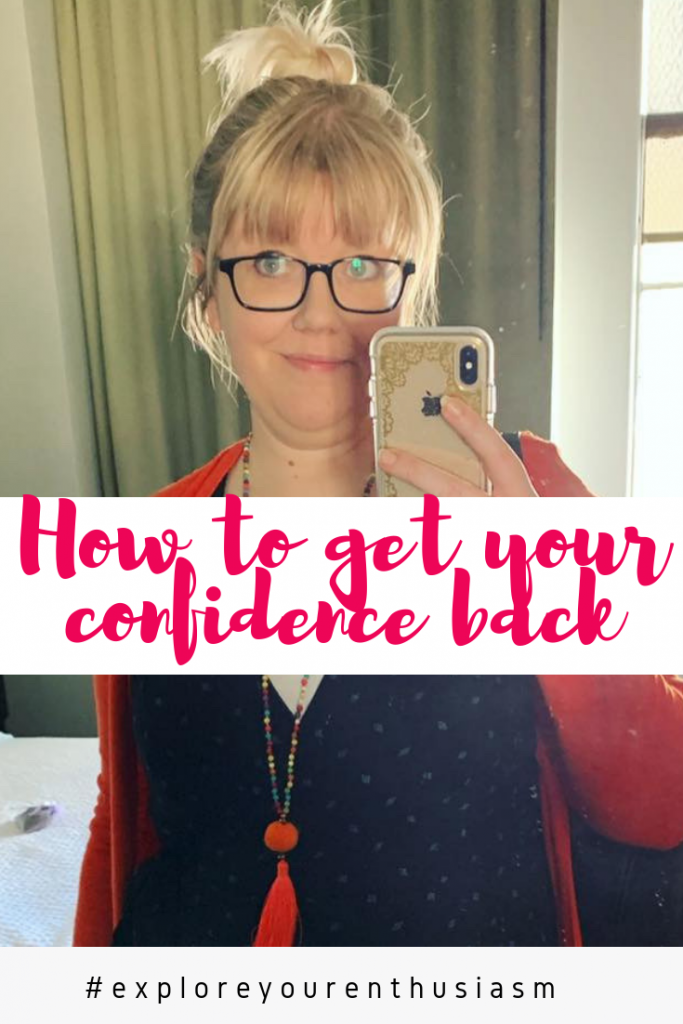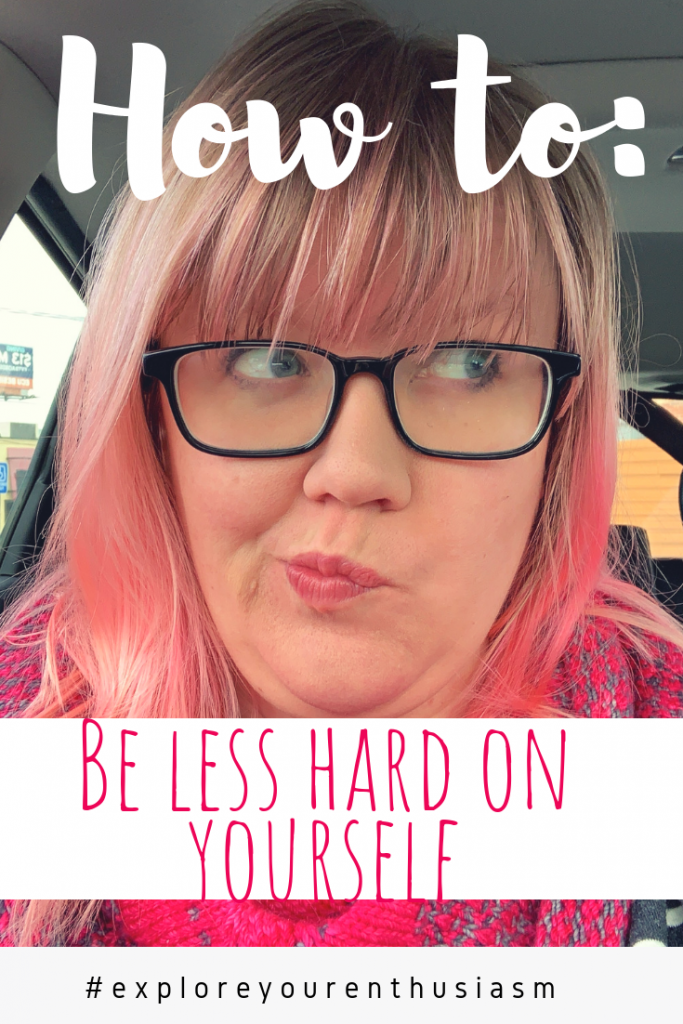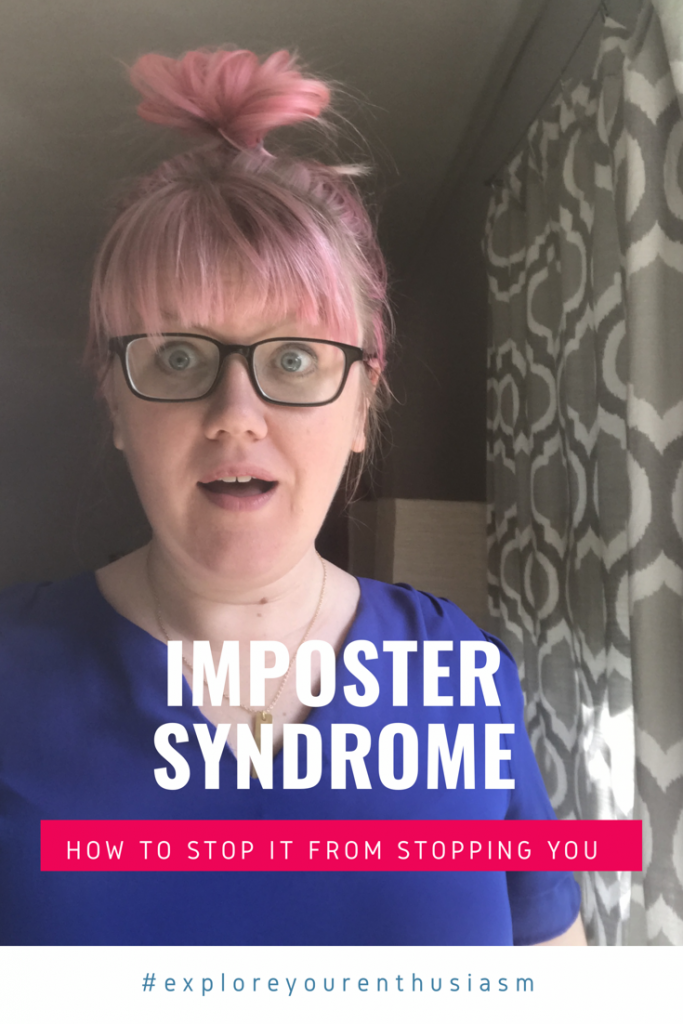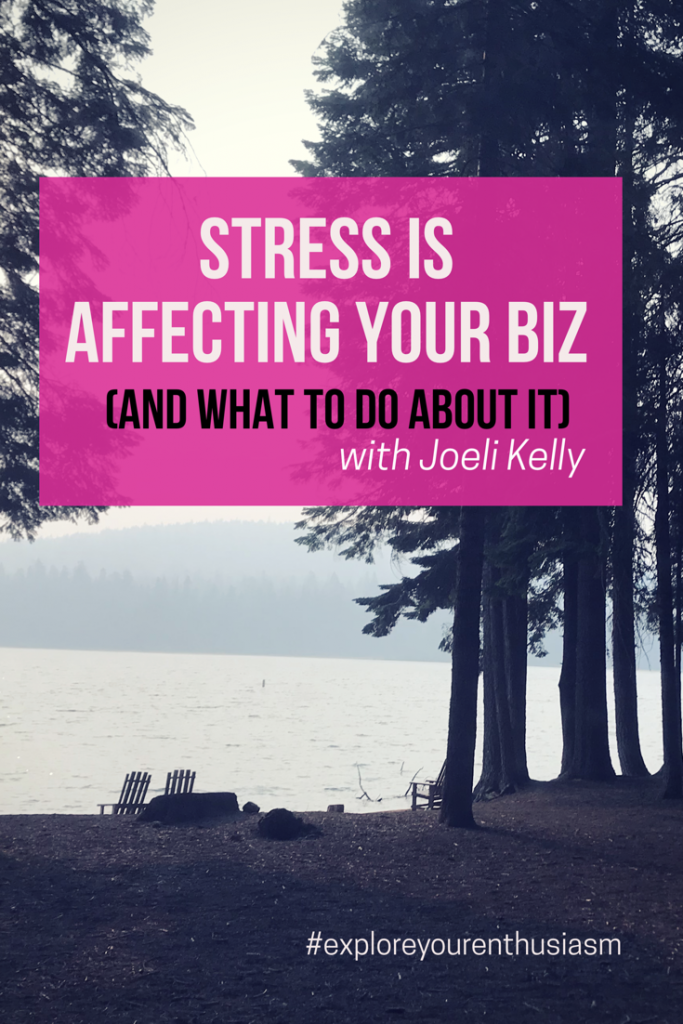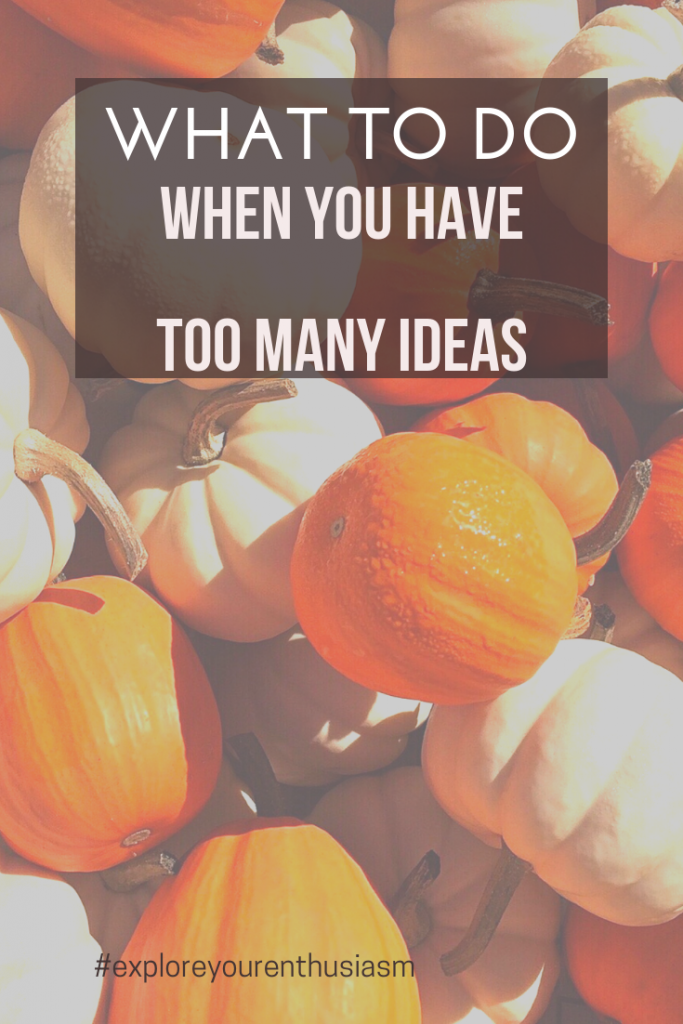Podcast: Play in new window | Download
Do you need a formal business plan? If not, how can you plan your business so it’s profitable and successful? How will you measure if it IS successful?
Today's deep dive into business plans comes to you because my Boss-Level Patrons voted that I make this episode this month.
Several years ago I created a video where I shared the process of making the business plan to buy the comic shop that my husband worked at. When I made the video we were in the middle of planning to buy the shop, which didn't end up working out for reasons totally outside our control. But that video is still one of the most popular videos on my channel. So I recently went back and rewatched it and I realized I talked a lot about what we had done, but nothing that was very instructional if you want to make a business plan for your own business. And you know I want to be super-useful to you, so over the next two episodes, I am going to go MUCH deeper into the practical aspects of a business plan.
Today we’re going to talk about when you DO need a business plan and when you don’t, and if you don’t, how to make a plan that will help you reach your business goals.
Next week we are going to be super-nerdy and go into how to make a traditional business plan, with questions to answer for all the sections and what we actually included in ours. I’m sharing as many of our real-life details as I can, without being in breach of the NDA we signed.
Business Plan v Map Making
We need to start with this: A business plan is related to your goals, and to the map you make to reach your goals, but it is not the same thing.
My book Map Your Business helps you do the process you have to do before you ever sit down to a business plan – getting clear on where you are, where you want to be and what goals you want to hit on your way there. But it is aimed at helping you make a personal plan for the actions and to-dos you need to do to hit the goals.
A business plan is a document that shows a lot of information and details about your business, the competition and the overarching plan. It may include financial projections. But it actually doesn't have that many actionable steps in it, it's more of a big picture planning document.
So you need both a map to get super actionable, and you can use a business plan to make sure your business will WORK and to keep you in line with the bigger mission.
When do you NEED a business plan?
The short answer: Whenever you're getting anyone else involved in your business – a partner, an investor, a bank, even a landlord (they may want to see your business plan), you need a traditional business plan. So if it's just you and your hands, you probably don't HAVE to create an official business plan, but having a simplified business overview can help you focus and will prompt you do the research you need to do. In a minute we’ll talk more about what I recommend every new or growing business include in a plan.
If you’re going to ask for funding, from anyone, including family or friends, you absolutely need to follow a tradition business plan.
If you are starting a partnership, or bringing a partner into your business (even if it’s your best friend or spouse), you need to have a traditional business plan, to be sure your ideas, expectations and goals are completely aligned (the process is really clarifying of where exactly money will go!). You also need a partnership agreement, and you need to have a lawyer look over both documents.
If you are investing a large amount of money into your business, even if it’s your OWN money, I’d recommend a business plan, so you know exactly when you are likely to see a profit, what you’re going to put the money towards, and how you’re going to earn it back. Treat yourself like an investor, and do the math and research to be sure.
What’s a large amount of money? Whatever is a lot of money for you! When I invested into my doTERRA business just a few hundred dollars and committed to start a business (instead of just buying oils as a customer, like most people do), I made a mini business plan, to be clear about how much time I would put it into, what exactly I would do, and when I could expect to hit goals. I attribute that plan and commitment (which I shared with my friend and mentor and she held me too), with the success I’ve experienced in that business.
What if I don’t need a business plan?
I’ll be honest: I started my yarn company by listing some skeins on Etsy, and then a local art shop, and then I did some craft shows. For months I didn’t keep track of expenses or even sales. But it wasn’t really a business. When I got serious about getting profitable (so I could quit my dayjob), I made a post-it note marketing plan and did the math to figure out how much yarn I needed to make in order to make a sales goal. (I teach you how to do this inside the Starship Program, btw.)
That’s not really a business plan, but they were documents that I could work from, and refer back to.
When I wanted to talk to my husband about quitting my dayjob to make yarn full time, I wrote up some notes, which is the most formal business I ever made for that business – it included sales data, profit math, projected sales for upcoming shows, and how much I could make if I had more time (ie, after I quit my dayjob). I also included some marketing goals (getting featured in a magazine, getting accepted into more shows) and some personal financial goals, that we would want to achieve before I gave up my steady salary. This document guided me for the next year or so. Whenever I had a new challenge or a new goal, I have always done something kind of similar.
So for me, this simplified business plan has been vital in helping me see the overall health and direction of my business.
How can you make a simplified (and effective) business plan?
I’m going to share suggestions from the Small Business Administration (SBA), and also suggestions based on working with hundreds of creative businesses.
Remember: Your business plan is a living document. You will use it as you operate your business. You want to have enough detail to help you make decisions, but not so much that you get overwhelmed by it.
The SBA suggests identifying:
Key partnerships
Note the other businesses or services you’ll work with to run your business. Who will you buy your supplies from? What shows or shops will you work with? Who will help you with what?
Key activities
What do you actually DO in your business? What are the methods you use to sell? (Online shop? Craft show booth?) What are the activities involved in having your product there?
Key resources
What do you already have that will serve you? Don’t forget experience, education, skills, even those that you acquired in unrelated fields, like household management, making a website for your hobby, etc. Also include any audience you already have, from personal FB page, your Instagram, your email list, anything.
Value proposition
“Make a clear and compelling statement about the unique value your company brings to the market.” – SBA.gov
What does your item offer your customer? How is that special? How does it make them feel?
(We develop this more inside the marketing part of the Starship.)
Customer relationships
How do you think customers will interact with your business? Is it automated or personal? In person or online? Think through the customer experience from start to finish.
Customer segments
Be specific when you name your target market. Your business won’t be for everybody, so it’s important to have a clear sense of who your business will serve.
Channels
How do you communicate with prospective customers? What tools will you use?
Cost structure
What are your biggest costs? In this section, include your COGs for every product you sell. (Don’t know your COGs? The Starship Program guides you through this math)
Revenue streams
Explain how your company will actually make money. Some examples are direct sales, membership fees, and selling advertising space. If your company has multiple revenue streams, list them all.
That’s what the SBA recommends and if you are starting a new business, I recommend having every single one of those sections filled out if you are starting something new, or investing in your business.
Many of you already have businesses, so I’m going to make an even more simplified version for you. At the minimum you need to have:
Value Proposition
What exactly do you sell? What does it do for the customer? How does she feel?
Target Customer Profiles
Who loves and buys your work? What EXACTLY is she like?
What is your next goal?
(Map Your Business helps with this)
Financial Reality
Before you can make any big decision in your business you need to know where you are financially –
- What is the COGs for each product?
- What is your overhead?
- What is your business break even point?
- Have your spreadsheet of at least the last year in monthly sales and expenses. (It is much more effective to compare month over month)
Financial projection
Considering what you have planned in the marketing section and the current growth track your on, what will your sales be like in the next six months (per month)? What will your expenses be?
Day to day you may only need to think about the next month or two in projections, but if you’re taking on a big new expense, you may want to project out further, to the break even point.
Marketing Assets
What assets do you already have? (Subscribers, followers, etc) What is the conversion rate for the various channels? What is your current calendar?
Marketing Plan
What will you promote? When? How? What’s your social media calendar? How will you move a customer down the customer path? (I have a course on building that path here or you can build it inside the Starship Program, after you work on your profitability)
Overwhelmed?
Ok, that’s it. Whew!
Are you looking at this and thinking, “oh man, that is a LOT of work!”? You’re not alone! I feel a little overwhelmed just talking about it. But here’s the thing – if you’re tired of feeling scrambly, if you’re tired of feeling overwhelmed and without focus, you need to do SOMETHING different.
You need a plan, not just for what you’ll do today, or for the very next goal, but you need to understand the entire health of your business and how it works together. A business plan will help with that. Digging into where you are where you want to go. Being clear about your real numbers. Being strategic in your marketing time. This will ALL help you feel LESS overwhelmed.
Yes, it’s a big project if you tackle it all at once, but you don’t have to! You can do it step by step (this is actually what I DO, I help people walk through it step by step, not so they have some business plan, but so they have the information, the knowledge they need to grow and make decisions).
Not knowing how your business will actually WORK is one of the biggest mistakes I see people make. I am going to be teaching you to avoid this mistake and three more in a free masterclass this week, and we are going to talk more about how you can figure out the data that goes into your business plan. To join me, go to taraswiger.com/foundations. I will walk you through this step by step, you DO NOT have to do it by yourself.
How to listen
- You can subscribe to it on iTunes (If you do, leave a review!)
- You can listen to it using the player above or download it.
- Subscribe or listen via Stitcher (or subscribe in whatever you use for podcasts – just search “Explore Your Enthusiasm” and it should pop up!).

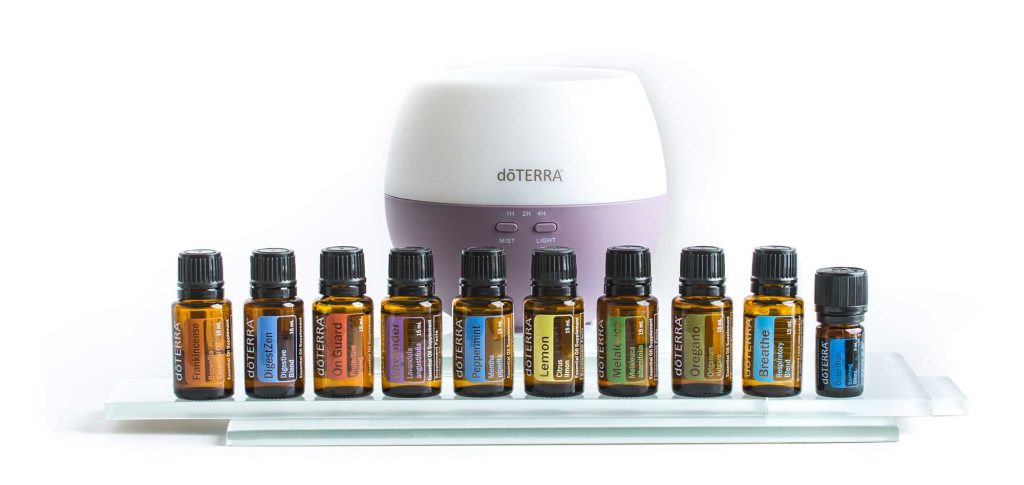
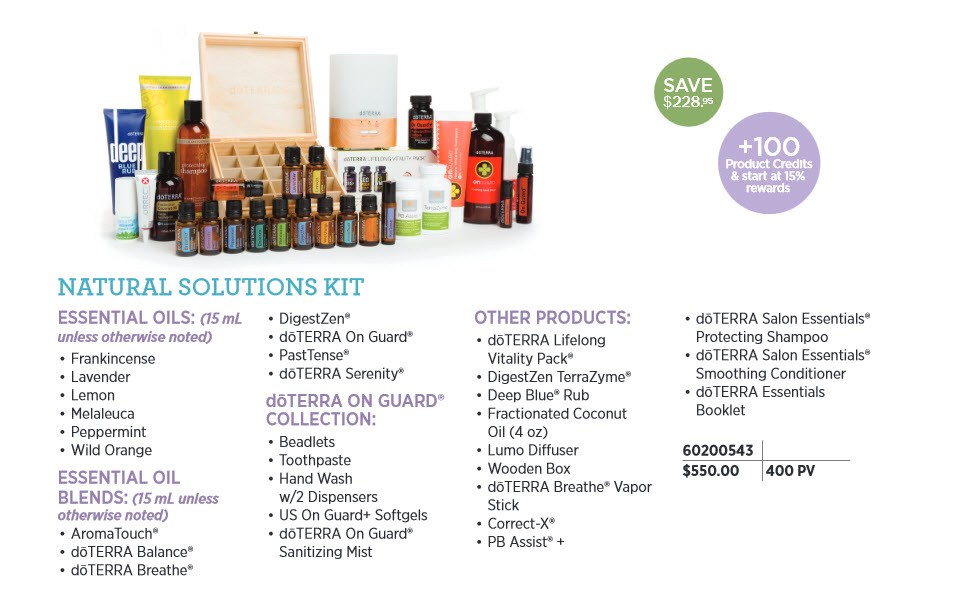 Click here to buy the Natural Solutions Kit
Click here to buy the Natural Solutions Kit
